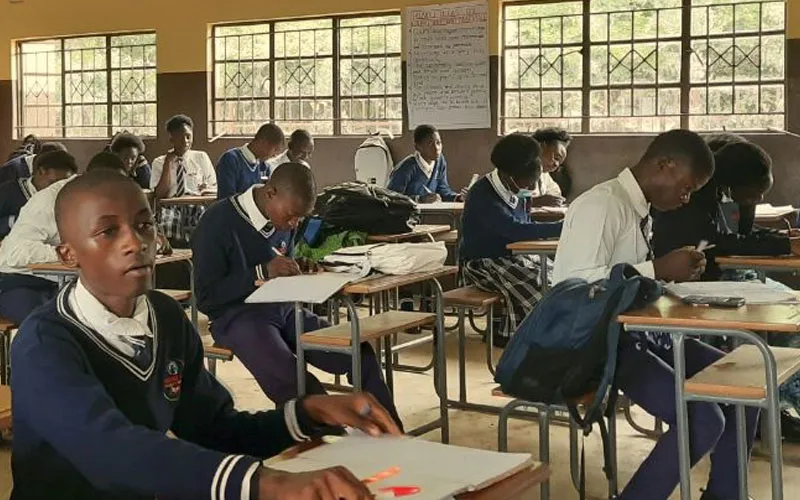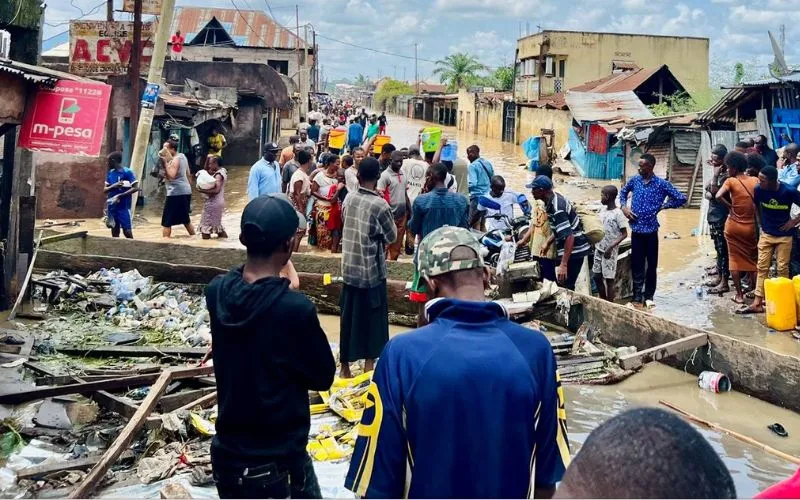“The project also installed new toilets for the classrooms,” they further say, and add, “Salesians were able to construct the foundation, roofing, walls, windows and doors of the classrooms, as well as install electrical and plumbing. They also furnished the classrooms.”
The September 8 report indicates that “about 150 male students and 200 female students directly benefit from the new classrooms.”
“Salesians started the primary and secondary school in Kabwe in partnership with other education organizations and the agreement of the government,” SDB members say.
The report further indicates that “the community where the school is based has many youth living in the area, and the other schools could not meet the demand for education, particularly grades 8-12.”
“The Salesian secondary school filled the gap for poor youth who could not afford other schools,” SDB members say, and add, “The goal is to provide training to equip them with the skills and the knowledge so they can live a self-sustainable life.”
Founded by the United Nations Educational, Scientific and Cultural Organization (UNESCO) in 1966, the International Literacy Day seeks to “remind the public of the importance of literacy as a matter of dignity and human rights and to advance the literacy agenda towards a more literate and sustainable society.”
This year's commemoration is marked under the theme, “Transforming Literacy Learning Spaces”.
According to UNESCO officials, the day “calls on educational communities to rethink the fundamental importance of literacy learning spaces to build resilience and ensure quality, equitable, and inclusive education for all. Despite progress, literacy challenges persist for 771 million illiterate people around the world, most of whom are women, increasing their vulnerability.”
They further say, “Rapidly changing global context took on a new meaning over the past years, hampering the progress of global literary efforts. In the aftermath of the pandemic, nearly 24 million learners might never return to formal education, out of which, 11 million are projected to be girls and young women.”
“To ensure no one is left behind, we need to enrich and transform the existing learning spaces through an integrated approach and enable literacy learning in the perspective of lifelong learning,” UNESCO officials further say.








